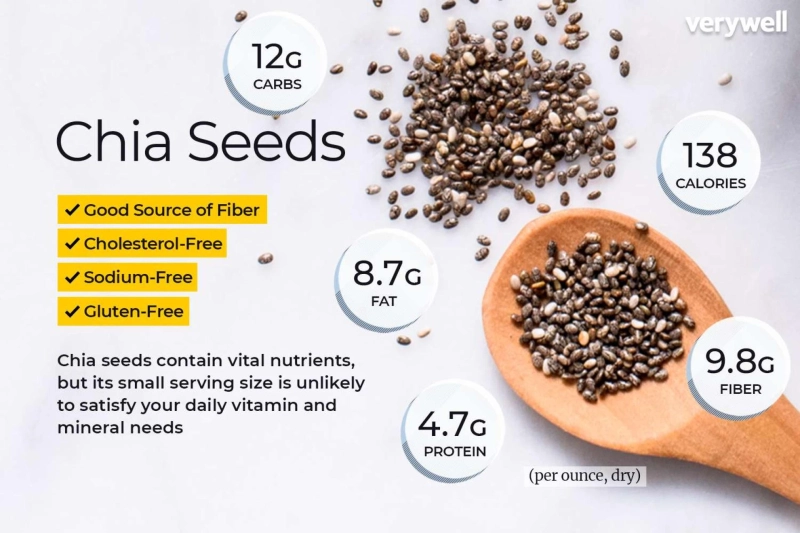When it comes to superfoods, basil seeds and chia seeds often make the top of the list. Both are nutrient-dense and offer a plethora of health benefits.
But how do they stack up against each other? In this comprehensive guide, we\'ll compare basil seeds and chia seeds to help you decide which one is better for your health needs.
What Are Basil Seeds?
Origin and History
Basil seeds, also known as tukmaria or sabja seeds, come from the sweet basil plant (Ocimum basilicum), commonly used in Asian and Middle Eastern cuisines. These tiny black seeds have been used for centuries in traditional medicine and culinary practices.
Nutritional Profile
Basil seeds are packed with essential nutrients, including:
- Omega-3 fatty acids
- Fiber
- Protein
- Vitamins A, K, and C
- Minerals like calcium, magnesium, and iron
Health Benefits
Basil seeds offer numerous health benefits, such as:
- Weight Loss: High fiber content helps in reducing appetite and promoting weight loss.
- Digestion: They have a cooling effect and aid in soothing the stomach.
- Skin Health: Antioxidants and anti-inflammatory properties improve skin texture and health.
- Blood Sugar Control: Help in regulating blood sugar levels.
How to Use Basil Seeds
Basil seeds can be easily incorporated into your diet. They are commonly used in:
- Smoothies
- Lemonades
- Desserts like falooda
- Salads
What Are Chia Seeds?
Origin and History
Chia seeds come from the Salvia hispanica plant, native to Central America. These tiny black and white seeds have a rich history dating back to the Aztec and Mayan civilizations.
Nutritional Profile
Chia seeds are a powerhouse of nutrients, including:
- Omega-3 fatty acids
- Fiber
- Protein
- Antioxidants
- Minerals like calcium, phosphorus, and zinc.
Health Benefits
Chia seeds are known for their wide range of health benefits:
- Energy Boost: Provide sustained energy due to their high fiber and protein content.
- Heart Health: Omega-3 fatty acids contribute to cardiovascular health.
- Weight Loss: Expands in the stomach, making you feel full longer.
- Bone Health: High calcium content supports bone density.
How to Use Chia Seeds
Chia seeds are versatile and can be used in many dishes:
- Puddings
- Yogurt
- Baked goods
- Smoothies
Comparison of Basil Seeds and Chia Seeds
Nutritional Comparison
Both seeds offer impressive nutritional benefits. Here\'s a side-by-side comparison:
- Omega-3 Fatty Acids: Chia seeds have a higher content than basil seeds.
- Fiber: Both seeds are rich in fiber, but chia seeds have a slight edge.
- Protein: Both are excellent sources of plant-based protein.
- Vitamins and Minerals: Both seeds are nutrient-dense, with slight variations in specific vitamins and minerals.
Health Benefits Comparison
- Weight Loss: Both seeds aid in weight loss, but basil seeds might be slightly more effective due to their higher fiber content.
- Digestive Health: Basil seeds are more commonly used for digestive issues.
- Heart Health: Chia seeds have a higher concentration of omega-3 fatty acids, beneficial for heart health.
- Energy and Endurance: Chia seeds are known for their energy-boosting properties.
Potential Side Effects and Precautions
Basil Seeds
- Hydration: Must be soaked in water before consumption to avoid digestive discomfort.
- Allergies: Some individuals might be allergic.
Chia Seeds
- Hydration: Can absorb many times their weight in water, so stay hydrated.
- Digestive Issues: Excessive consumption can lead to digestive problems.
External References
- Learn more about the benefits of basil seeds.
- Discover the nutritional profile of chia seeds.



